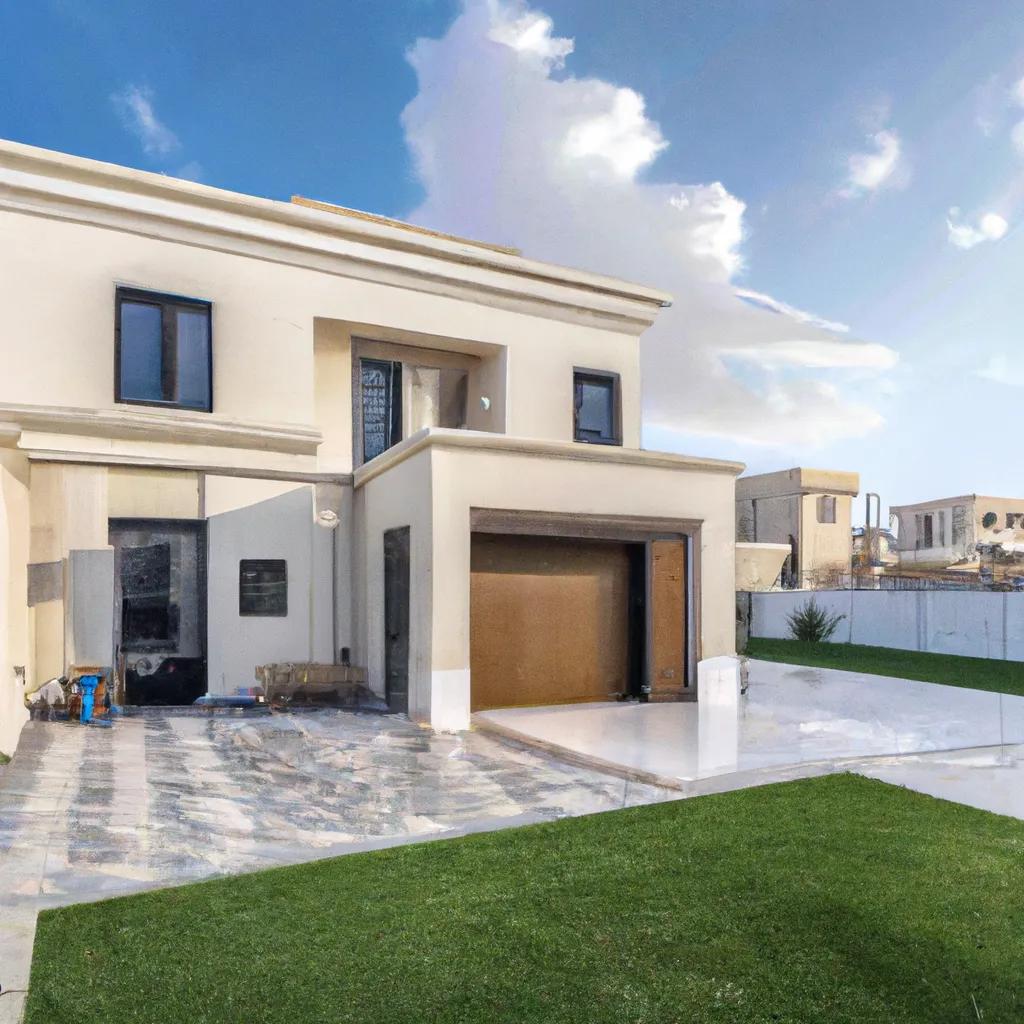The basics of property and inheritance law in Dubai.

What happens to the estate if I die? Read more... Published:Sun, March 13, 2022, 11:49 am PD Last updated:Sun, March 13, 2022, 10:09 pm
Can you explain the property laws?
Can you explain the property laws if I buy a property (apartment or villa) in Dubai? Will I be able to pass this property and the land under it to my children like I would do with real estate in India? How does this work? What happens to the property in the event of my death?
Answer:
The provisions of UAE Law No. 7 of 2006 on Real Estate Registration in the Emirate of Dubai ("Dubai Law No. 7 of 2006 on Real Estate Registration"); Federal Law No. 28 of 2005 on Personal Status ("UAE Personal Status Law") apply to your questions; Dubai Law No. 15 of 2017 on the Administration of Inheritance and Execution of Wills of Non-Muslims in the Emirate of Dubai ("Dubai Wills Law"); and the DIFC Wills and Inheritance Registry Rules ("DIFC Wills and Inheritance Registry Rules").
In Dubai, an expatriate can purchase real estate on a freehold or leasehold basis. This is in accordance with Article 4 of the Dubai Real Estate Registration Law No. 7 of 2006, which states: "Ownership of real estate in the Emirate is restricted to UAE nationals, nationals of Arab Cooperation Council states, companies wholly owned by these nations, and public joint stock companies. Subject to the consent of the Ruler, non-UAE nationals may be granted the following rights in the respective territories established by the Ruler: a. Ownership of real property without time limitation; b. The right to use or lease real property for a period of up to ninety-nine (99) years. "
You can transfer your real estate in Dubai to your legal heirs. In the UAE, a non-Muslim individual can apply the law of his or her home country to personal matters such as marriage, inheritance and distribution of property. This is stipulated in Article 1 paragraph 2 of the UAE Personal Status Law, which states, "The provisions of this Law shall apply to UAE nationals unless the non-Muslims among them have special provisions applicable to their congregation or confession. They are also applicable to non-citizens if one of them requests the application of its law.





Sale hotels in Jumeirah Lake Towers with city view 190 600 $

1

2

80

Sale office in Jumeirah Lake Towers 368 000 $

1

127
In addition, in Dubai, a non-Muslim who owns real estate can pass it on to his or her heirs by registering a will with the Dubai Court of Justice or the DIFC's Wills Services Center. This is in accordance with Article 6 paragraph a of the Dubai Wills Law, which states, "A registration office, known as the 'Registry of Non-Muslim Wills', has been established in Dubai Courts and DIFC Courts for the purpose of registering wills of non-Muslims. "
Based on the above provision of law, you can register a will naming your children as heirs with the Dubai Courts or the DIFC Wills Service Center under certain conditions specified in Article 8 of the Dubai Wills Law, which states, "The registration of a will with the Registry is subject to the following conditions: 1. The test-taker must be a non-Muslim. 2. A will shall meet the conditions for its validity set forth in this Law. 3. A will must appoint an executor and must specify how the bequeathed property will be disposed of. 4. The testator must sign the will or affix his/her seal or fingerprint to it in the presence of two (2) witnesses. 5. The text of a will must not be altered by deleting or erasing part of it or by adding or inserting new text. 6. All fees prescribed by the applicable Emirati law must be paid. "
Based on the Dubai Wills Law, the DIFC Court has developed the DIFC Wills and Inheritance Registry Rules. Article 5, paragraph 2 of the DIFC Rules on the Register of Wills and Probate interprets (a) 'Inheritance' as 'the movable and immovable property of the deceased and includes property disposed of by him in accordance with his will located anywhere' and (b) 'Probate Property' as 'any property included in the estate of the deceased, regardless of location'. Consequently, the DIFC's Wills and Inheritance Registry Regulations allow an individual to include in his will property belonging to him and located inside or outside the UAE.
If an individual is a Muslim, his or her estate will be distributed to his or her legal heirs in accordance with the Shariah.
Ashis Mehta is the founder and managing partner of Ashis Mehta & Associates. He is authorized to practice law in Dubai, UK and India. For more information about his firm, visit: www.amalawyers.com. Readers can email their questions to news@khaleejtimes.com or send them to Legal View, Khaleej Times, PO Box 11243, Dubai.
Comment
Popular Posts
Popular Offers

Subscribe to the newsletter from Hatamatata.com!
Subscribe to the newsletter from Hatamatata.com!
I agree to the processing of personal data and confidentiality rules of Hatamatata





